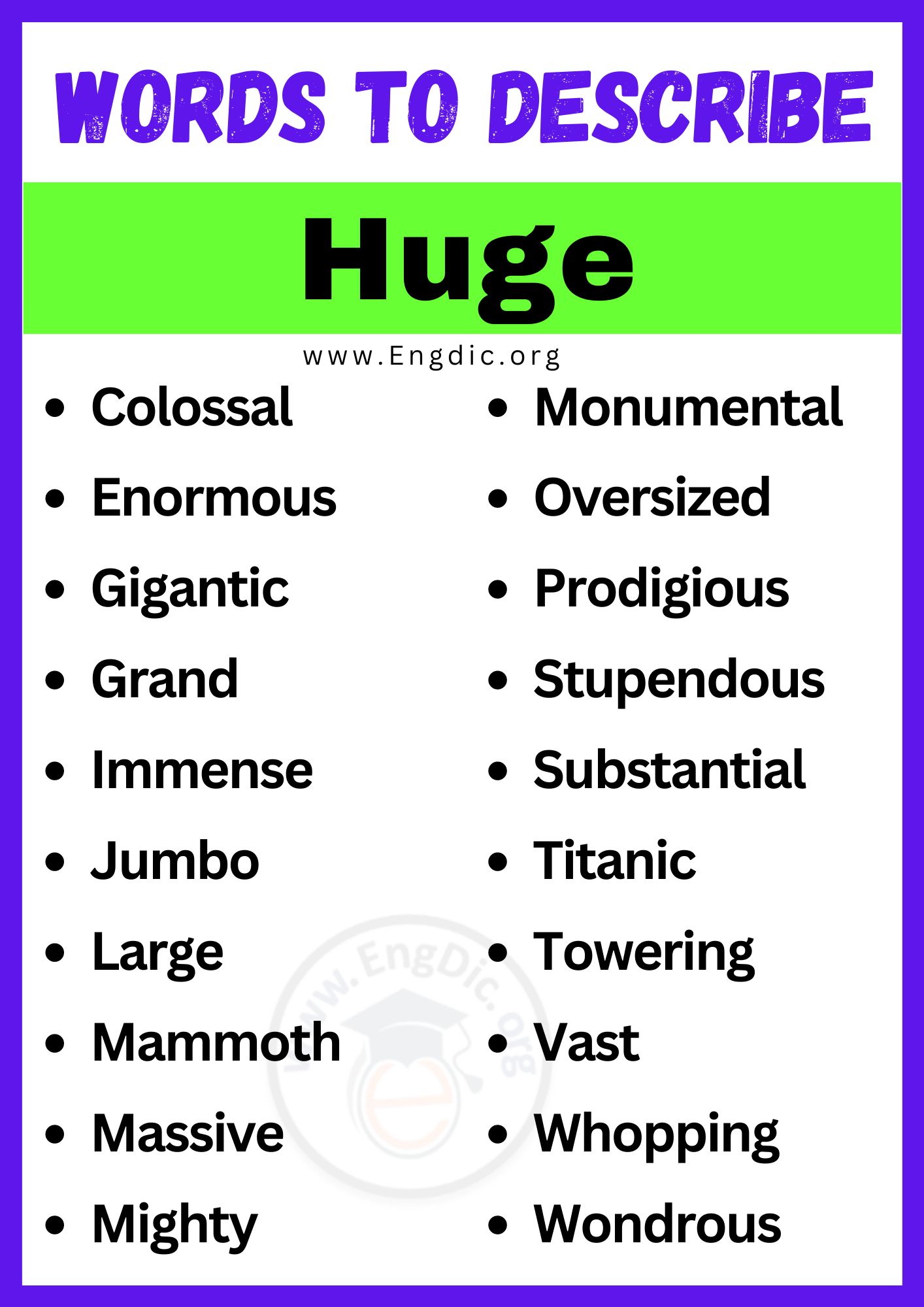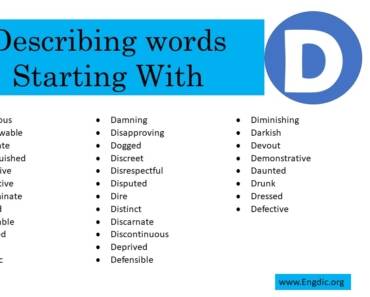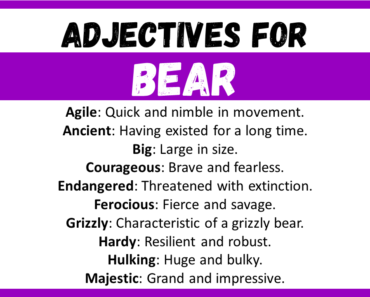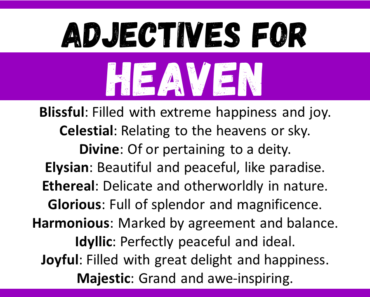When it comes to describing something as “huge,” we often find ourselves searching for the right words to capture its immense size and scale. “Huge” is an adjective used to depict something of great magnitude or enormous proportions. From towering skyscrapers to colossal mountains, the term “huge” encompasses a vast range of objects and concepts. In this blog post, we will explore a variety of words that can effectively describe the magnitude and grandeur associated with the word “huge.” Join us as we delve into the world of colossal and awe-inspiring entities!
Adjectives for Huge
Here are the 20 Most Popular adjectives for huge:
- Colossal
- Enormous
- Gigantic
- Grand
- Immense
- Jumbo
- Large
- Mammoth
- Massive
- Mighty
- Monumental
- Oversized
- Prodigious
- Stupendous
- Substantial
- Titanic
- Towering
- Vast
- Whopping
- Wondrous
Adjectives for huge impact
- Tremendous
- Monumental
- Massive
- Powerful
- Overwhelming
- Significant
- Momentous
- Earth-shattering
- Profound
- Game-changing
Words to Describe Huge with Meanings
- Colossal: Extremely large or immense in size.
- Enormous: Exceptionally big or vast.
- Gigantic: Of colossal or immense size.
- Grand: Impressive and imposing in scale.
- Immense: Extremely large or massive.
- Jumbo: Exceptionally large or oversized.
- Large: Big in size or extent.
- Mammoth: Extremely large or huge.
- Massive: Of great size, weight, or extent.
- Mighty: Possessing great size or strength.
- Monumental: Impressive and monumental in scale.
- Oversized: Larger than the usual or normal size.
- Prodigious: Remarkably large or impressive.
- Stupendous: Astonishingly large or amazing.
- Substantial: Considerable or significant in size.
- Titanic: Of exceptional size or power.
- Towering: Extremely tall or high.
- Vast: Extremely large or extensive.
- Whopping: Enormously large or impressive.
- Wondrous: Amazing, extraordinary, or awe-inspiring.
Example Sentences for Huge Adjectives
- The colossal statue dominated the city skyline.
- They built an enormous structure in the park.
- The explorer encountered a gigantic creature in the jungle.
- The palace showcased grand architecture and intricate details.
- We hiked through an immense forest filled with ancient trees.
- The bakery sold jumbo cupcakes that were twice the size.
- The warehouse stored large quantities of merchandise.
- The museum displayed a mammoth skeleton in its exhibit.
- The construction site had massive cranes and machinery.
- The superhero possessed mighty strength and invincibility.
- The ancient ruins were a monumental reminder of history.
- The suitcase was oversized and didn’t fit in the overhead bin.
- The fireworks display was a prodigious spectacle of lights.
- The waterfall created a stupendous cascade of water.
- The company made a substantial profit in its first year.
- The ship sailed past a titanic iceberg in the Arctic.
- The towering skyscrapers formed an impressive cityscape.
- The desert stretched as far as the eye could see, a vast expanse.
- The celebrity’s mansion had a whopping 20 bedrooms.
- The magical garden was filled with wondrous flowers of every color.
Explore More Words:
FAQ’s
How to describe huge in writing?
Huge can be described in writing by using words like colossal, enormous, or massive to convey its immense size or magnitude.
Is huge a superlative adjective?
Yes, huge can be used as a superlative adjective when comparing objects or entities of large size, such as saying something is the “biggest” or “largest” among a group.
Is huge an adjective or adverb?
Huge is primarily used as an adjective to describe the size, extent, or scale of something, such as a huge building. However, it can also be used as an adverb in informal speech or writing, such as “I ran huge distances” (meaning very long distances).








